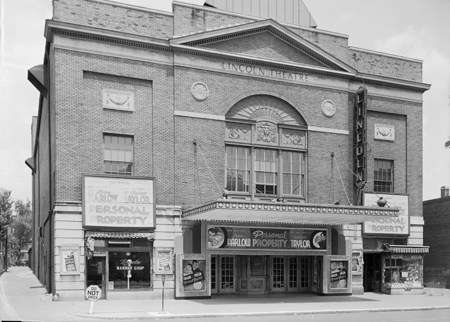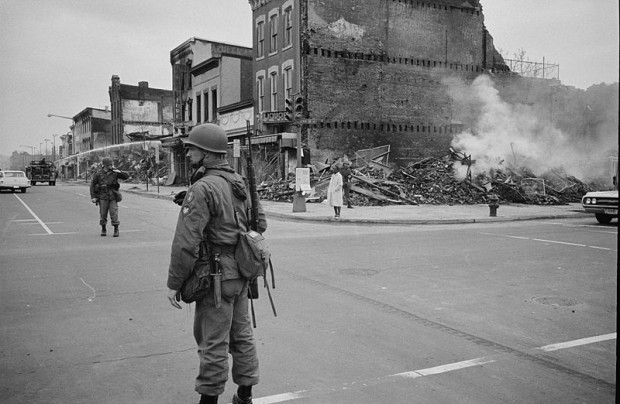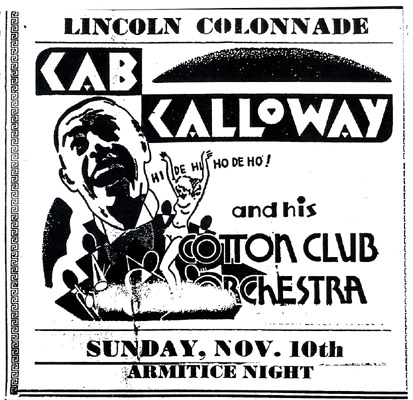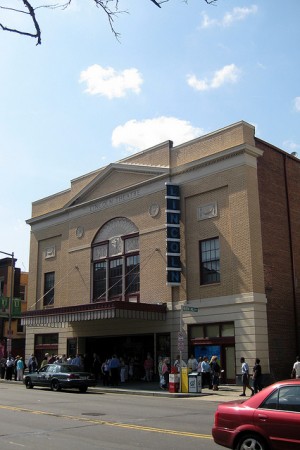The Lincoln Theatre is approaching its 90th anniversary as a cultural beacon of the U Street district. But impending closure threatens to break an important chain in D.C. history.
The theater opened in 1922 at 12th and U Streets, at the height of the racial ghettoization of D.C. Although the District outlawed Jim Crow laws in 1917, segregation became a reality in D.C. Racially restrictive housing covenants and Depression-era laws ended up restricting housing and services to non-whites in certain neighborhoods.
In the face of this, U Street evolved into Black Broadway, an inimitable nexus of businesses, civil institutions, entertainment venues and homes. The area first experienced a boom after the Civil War, as thousands of new residents moved from the south. Between 1900 and 1948, U Street proved a vital epicenter for those suffering under the legacy of slavery.






